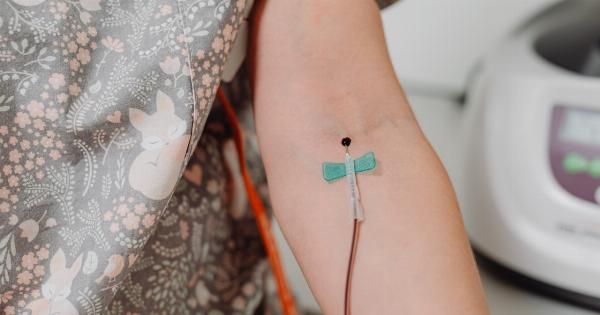Non-voluntary transdermal valve implantation is a highly controversial medical practice that involves the implantation of a small valve under the skin of a person without their consent.
This procedure has been used in a number of different circumstances, including for the treatment of heart conditions and for the administration of medications.
What Is Non-Voluntary Transdermal Valve Implantation?
Non-voluntary transdermal valve implantation involves the implantation of a small valve under the skin of a person without their consent.
The valve is usually placed in the arm or chest and is designed to allow for the easy administration of medications or to treat certain heart conditions. The valve is typically about the size of a grain of rice and is placed under the skin using a small incision.
When Is Non-Voluntary Transdermal Valve Implantation Used?
Non-voluntary transdermal valve implantation has been used in a number of different circumstances, including for the treatment of heart conditions such as atrial fibrillation.
In these cases, the valve is used to monitor the heart’s rhythm and to deliver medications as needed.
Non-voluntary transdermal valve implantation has also been used to administer medications on a regular basis.
In these cases, the valve is used to deliver medications such as chemotherapy drugs or pain medication without the need for repeated injections or IV treatments.
What Are the Risks and Benefits of Non-Voluntary Transdermal Valve Implantation?
There are both risks and benefits associated with non-voluntary transdermal valve implantation.
The benefits include the ability to monitor and treat certain heart conditions more effectively as well as the convenience of regular medication administration without the need for repeated injections or IV treatments.
However, there is also a risk of infection or other complications associated with the implantation procedure itself.
In addition, there are concerns about privacy and medical ethics surrounding non-voluntary implantation without the patient’s consent.
Legal and Ethical Issues Surrounding Non-Voluntary Transdermal Valve Implantation
Non-voluntary transdermal valve implantation raises a number of legal and ethical issues. The most significant concern is the issue of informed consent.
Informed consent is a foundational principle in medical ethics and requires that patients be fully informed of the risks and benefits of a medical procedure and be given the opportunity to provide their consent or refusal.
In situations where patients are unable to provide informed consent, such as when they are unconscious or have a cognitive impairment, surrogate decision-makers are typically involved in the consent process.
However, in cases where a patient lacks capacity and does not have a surrogate decision-maker, there may be a need to consider non-voluntary transdermal valve implantation.
Other ethical concerns include the risk of privacy breaches and the potential for misuse of the technology. There is also a concern that non-voluntary implantation could become normalized and lead to a loss of autonomy and privacy for patients.
Conclusion
Non-voluntary transdermal valve implantation is a highly controversial medical practice that raises a number of legal and ethical issues.
While there are potential benefits to the procedure, including more effective treatment of certain heart conditions and more convenient medication administration, there are also significant risks and concerns about the ethics of implanting devices without a patient’s consent. As such, non-voluntary transdermal valve implantation should only be considered in very specific circumstances and with careful consideration of the patient’s rights and autonomy.






























